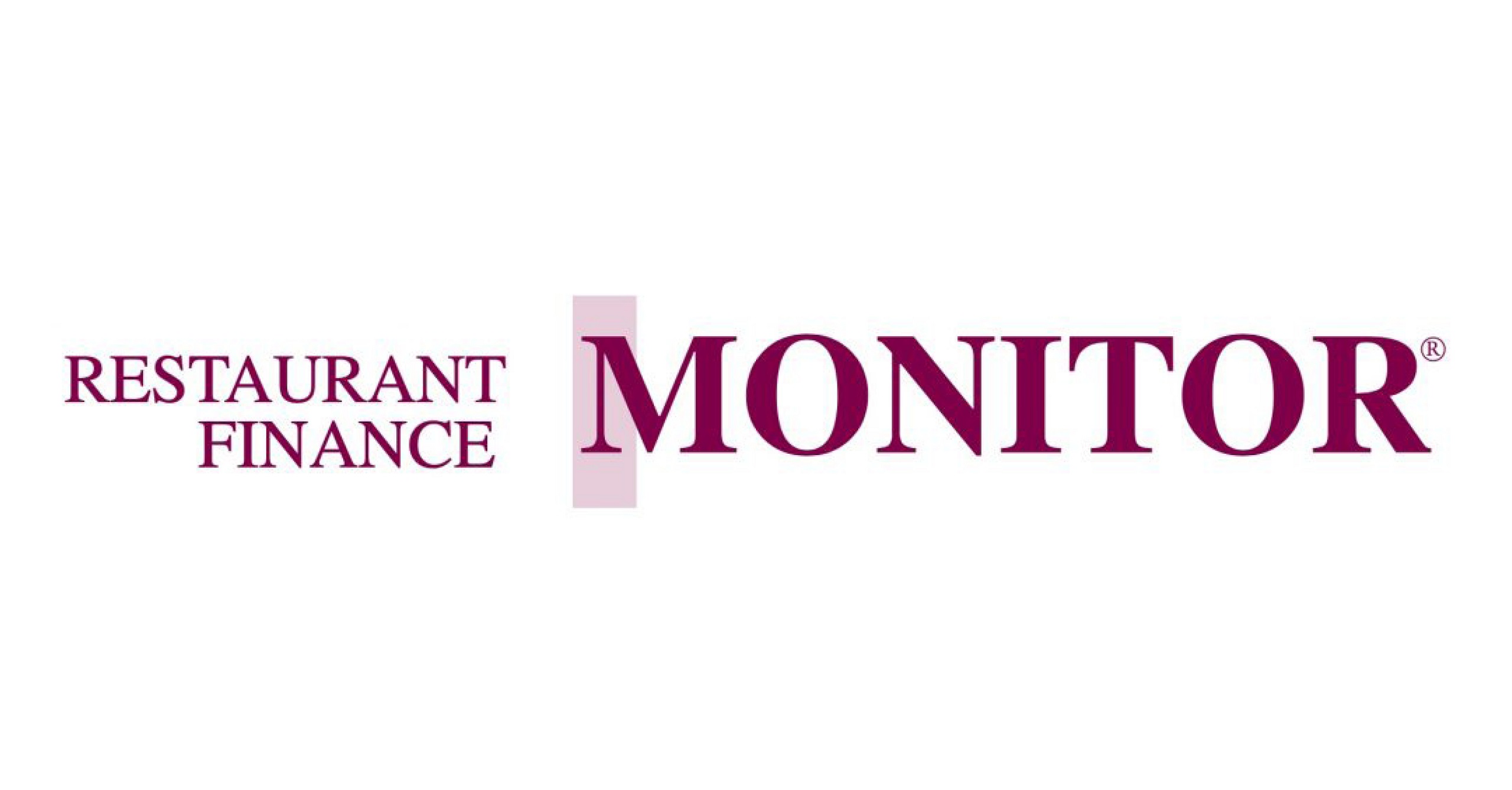I seldom say the current topic is so important that it affects almost everyone who owns or has an interest in restaurants. But since most restaurants are set up as an LLC, that’s our starting point for this article. I have enlisted two lawyers in our firm, Mary-Cate Cicero and Katherine Running, to assist in walking you through the intricacies of the use of an LLC.
LLCs have come a long way from 25 years ago when they first gained popularity. It has always been thought that the liability protections afforded corporations would also apply to LLCs, and in large part it has. LLCs are popular because they provide the protection of a corporation, the flexibility of a partnership and all the beneficial tax attributes you don’t get from a corporation, whether it’s a C or S corp.
LLCs are formed in individual states, usually where the business is located, but a good share are formed in Delaware. Most LLC laws are similar and do provide for limited liability. The larger issue for corporations and LLCs has always been the concept of piercing the corporate veil, and in this case, piercing the LLC veil. This has been an issue because so many creative structures are used, such as holding companies of LLCs and single-member LLCs. Further, LLCs historically have less corporate formalities than corporations and even more so when a single-member LLC is used. So, the real problem is this idea that creditors, and even your personal creditors, can go in and pierce the corporate veil because you are using the LLC as “the alter ego.” Courts don’t like it when the LLC is treated as your personal business versus as a separate entity.
The first thing to look at in terms of making sure your LLC gives you protection from creditors is pointed out in many state laws. For instance, California creditors are able to cause liability issues in cases where members are treating the LLC as if it’s the member’s own bank account and assets. Other states give you more protection and greater latitude. This being said, there are some things you need to do:
1) Always maintain an LLC bank account.
2) Make sure your accounting is clear on what the transactions are: If there is a personal transaction, the proper documentation, such as loans to or from the company versus distributions, are fully documented and reasonable interest rates are charged.
3) Your entity needs to be properly capitalized. If you are running your entity on a low level of cash or assets, someone will look to see if that’s really maintaining its LLC formalities.
Another idea is to have a holding company that owns the individual restaurants or groups of restaurants put in separate LLCs all owned by the holding company. This is a great structure for tax reasons because you file one consolidated tax return. The single-member LLC for tax purposes is disregarded. The courts have been saying you cannot ignore these entities, and you need to have clear books and records for each entity. You can’t claim you don’t keep individual books for that entity because it’s just one store. Keep your books, records, minutes and individual bank accounts up to date.
Delaware, on the other hand, considers factors that appear to be aimed at whether the entity was created for the purpose of scheming creditors and whether there would be an unjust result for a creditor. The factors include: 1) whether the company was adequately capitalized for the undertaking; 2) whether the company was solvent; 3) whether corporate formalities were observed; 4) whether the dominant shareholder siphoned company funds; and 5) whether the company simply functioned as a facade for the dominant member.
So what do you do? Here are seven things you should look at:
1) When you set up an LLC, make sure you have all appropriate documents, such as contribution agreements to the entity. Operating agreements should be detailed and show how the company operates, making it clear if it is a manager-managed, board-managed or member-managed LLC. In many cases the state requires you to show that in your articles.
2) Keep the entity adequately funded with appropriate cash revenue.
3) If you use an LLC holding company, keep individual books (P&Ls and balance sheets) for each subsidiary LLC.
4) Do not combine personal assets with business assets. If you have something you are trying to protect from your personal creditors but has nothing to do with the business, do not put it in the business.
5) If you are going to take money out of the LLC, take it out as distributions or as a guaranteed payment that complies with your operating agreement. Don’t give loans to members—those are red flags to creditors.
6) Maintain detailed capital accounts, which are tax compliant, for each member.
7) Make sure all of your filings are taken care of, and tax returns are filed.
Note that an LLC is a separate person under the law and treat it as such in all your business dealings.
From the November 2024 issue of Restaurant Finance Monitor
Author
-

Co-founder and chairman of Monroe Moxness Berg PA, Dennis is a pioneer in corporate financing with a broad network of finance contacts and clients. He assists businesses, from emerging companies to multinational firms, by providing creative ideas, identifying unique financing sources, and developing the financial tools necessary for their growth and development.
